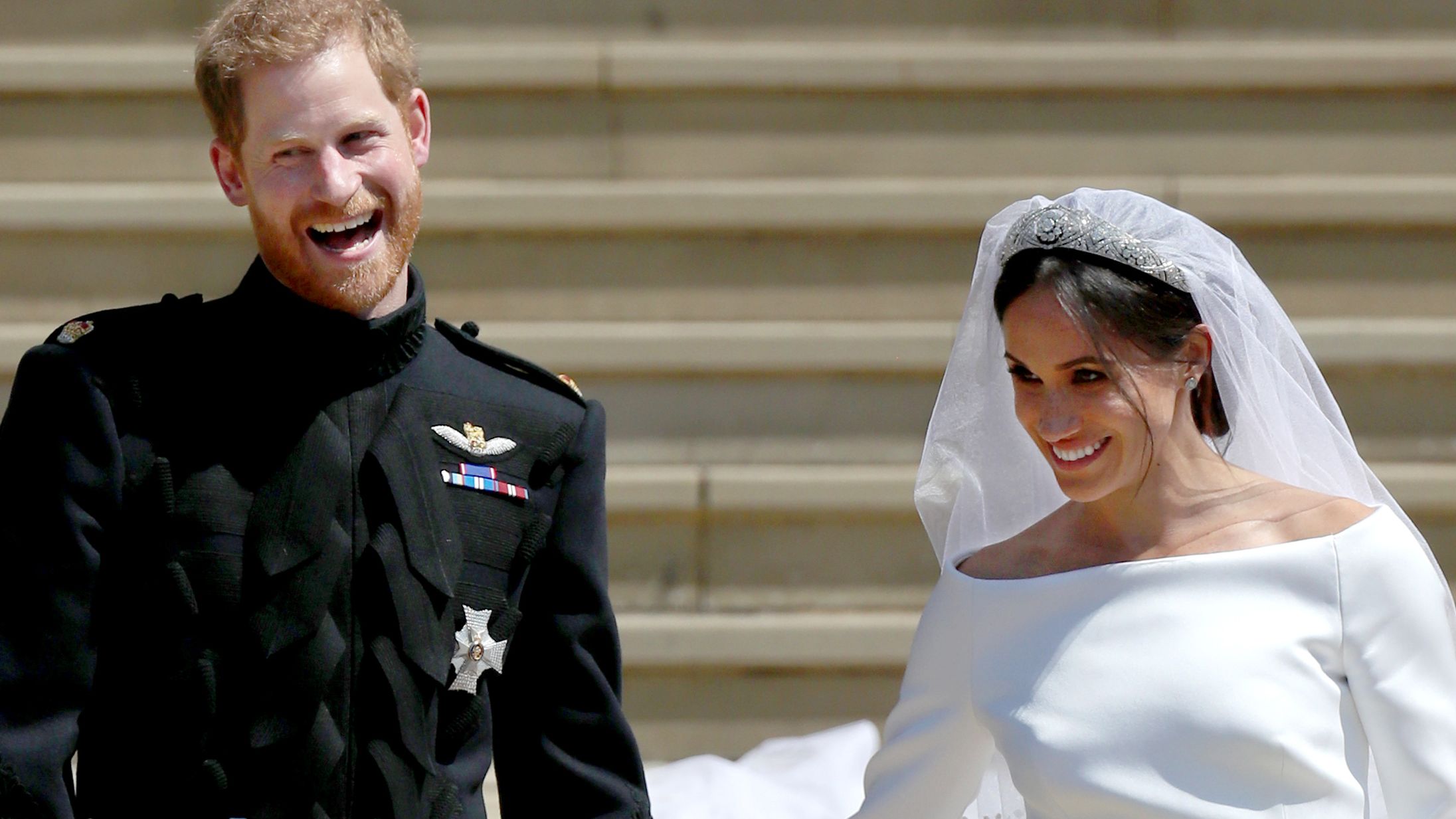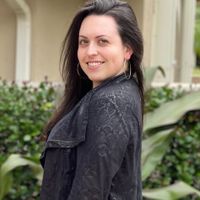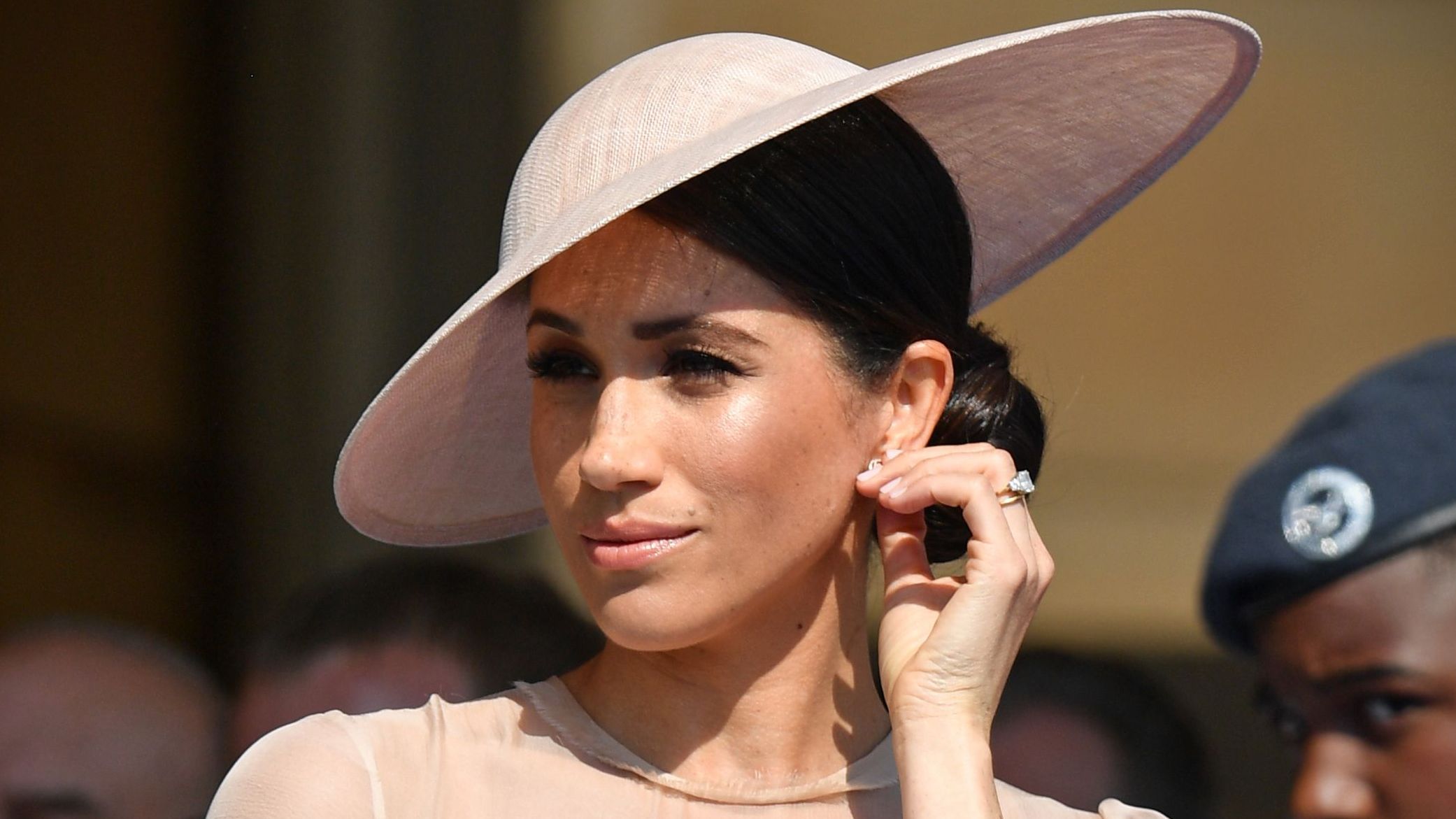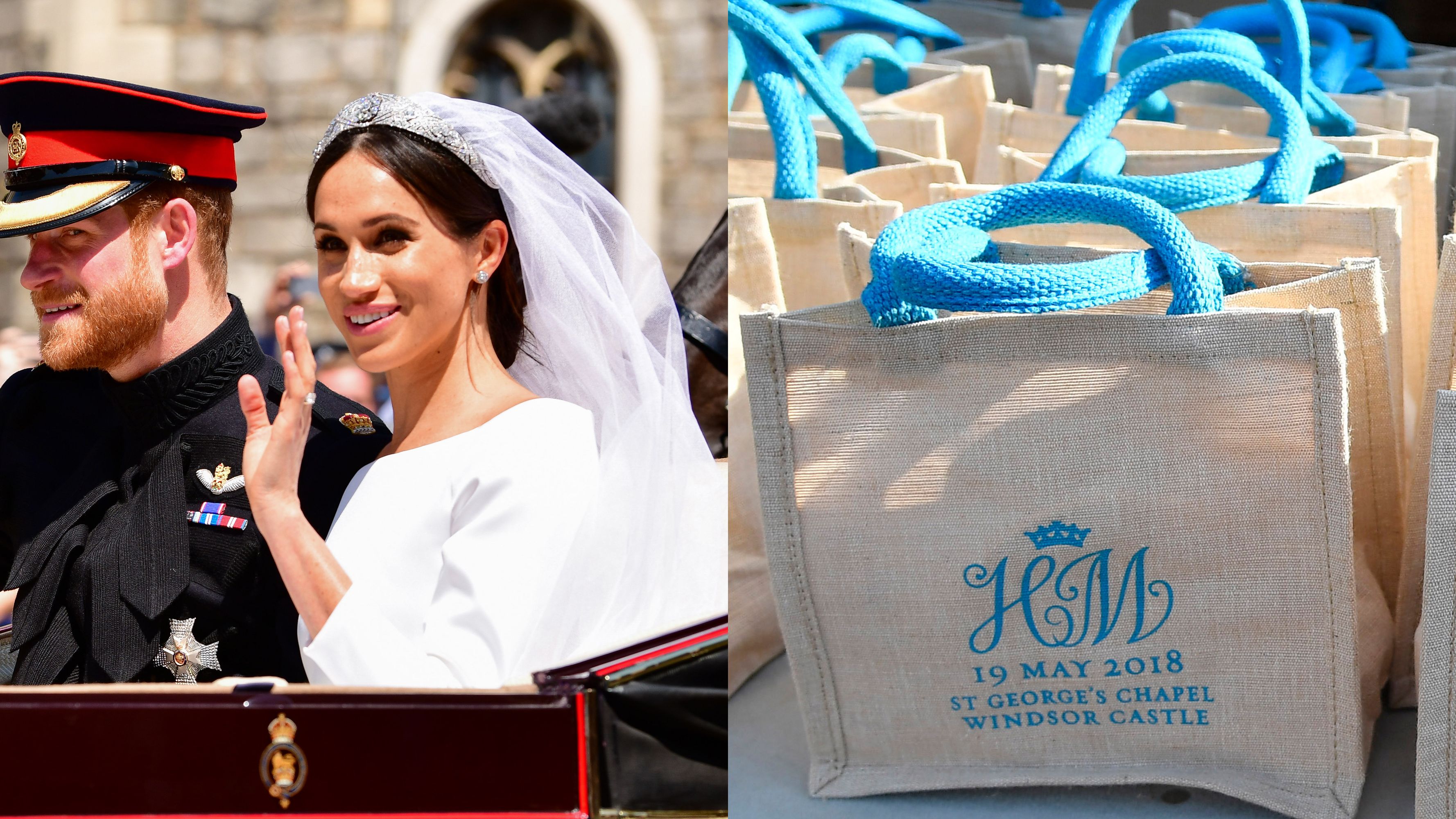Why Doesn't Prince Harry Use His Real Name?
An investigation.


I've been covering the royal wedding since before we even knew there would be a royal wedding, and somehow only a few days before the worldwide event I discovered that Prince Harry is not actually Prince Harry. He's Prince Henry of Wales, a.k.a. Henry Charles Albert David. HOW DID I NOT KNOW THIS?
Before you ask—yes—I know that Meghan Markle isn't really Meghan Markle, either. She's Rachel Meghan Markle. We share the same name (along with her Suits character). So now we have two people who don't use their real names as the newly appointed Duke and Duchess of Sussex. I obviously had to find out everything I knew about their names, so here we are.
Harry is a nickname for Henry.
Harry has been a popular nickname for Henry for centuries. Who knew? Now, "Henry" is only used when referring to Harry's official title. He's been called "Harry" since he was a child so why not just name him Harry, you ask? We'll never know. It's rumored there were some name disagreements between his parents Princess Diana and Prince Charles.
Harry's real name was used on the official engagement announcement.
"His royal highness Prince Henry of Wales and Ms. Meghan Markle are engaged to be married."
The Prince of Wales is delighted to announce the engagement of Prince Harry to Ms. Meghan Markle. pic.twitter.com/zdaHR4mcY6November 27, 2017
So, why wasn't Meghan's?
It's unclear why her formal name wasn't on the announcement, but it was used in the formal Instrument of Consent signed by the Queen that allows Prince Harry to marry Meghan Rachel. When Harry and Meghan said their vows at their wedding, the bishop referred to Meghan as "Rachel Meghan Markle" at first, then continued to use "Meghan."
The Queen has officially given her consent for the marriage of her "most dearly beloved grandson" Prince Harry to Meghan Markle pic.twitter.com/jZ7gSaA5thMarch 15, 2018
Okay, great, so "Rachel" is only used on formal documents. However, on Meghan's new Royal Family bio page they write that Meghan was "born Meghan Markle" when, in fact, she wasn't. What is the truth?!
"The Duchess of Sussex, born Meghan Markle, married Prince Harry at St George's Chapel, Windsor in May 2018."
Get exclusive access to fashion and beauty trends, hot-off-the-press celebrity news, and more.
Meghan is not "Princess Meghan" either (or Princess Rachel, for that matter)—she's Her Royal Highness Princess Henry of Wales. Only those who are born into the royal family can use the title Prince or Princess, followed by their first name. In other words, we should have been calling Harry's mom "Diana, Princess of Wales," not Princess Diana.
Harry and Meghan won't use their surname either.
Meghan and Harry's surname is "Mountbatten-Windsor." (Quite a mouthful, I don't blame them.) According to the Royal Family website, "Members of the Royal Family can be known both by the name of the Royal house, and by a surname, which are not always the same. And often they do not use a surname at all." Here's the full story:
"The Royal Family name of Windsor was confirmed by The Queen after her accession in 1952. However, in 1960, The Queen and The Duke of Edinburgh decided that they would like their own direct descendants to be distinguished from the rest of the Royal Family (without changing the name of the Royal House), as Windsor is the surname used by all the male and unmarried female descendants of George V.
It was therefore declared in the Privy Council that The Queen's descendants, other than those with the style of Royal Highness and the title of Prince/Princess, or female descendants who marry, would carry the name of Mountbatten-Windsor.
This reflected Prince Philip's surname. In 1947, when Prince Philip of Greece became naturalised, he assumed the name of Philip Mountbatten as a Lieutenant in the Royal Navy.
The effect of the declaration was that all The Queen's children, on occasions when they needed a surname, would have the surname Mountbatten-Windsor."
RELATED STORIES



Rachel Epstein is a writer, editor, and content strategist based in New York City. Most recently, she was the Managing Editor at Coveteur, where she oversaw the site’s day-to-day editorial operations. Previously, she was an editor at Marie Claire, where she wrote and edited culture, politics, and lifestyle stories ranging from op-eds to profiles to ambitious packages. She also launched and managed the site’s virtual book club, #ReadWithMC. Offline, she’s likely watching a Heat game or finding a new coffee shop.
